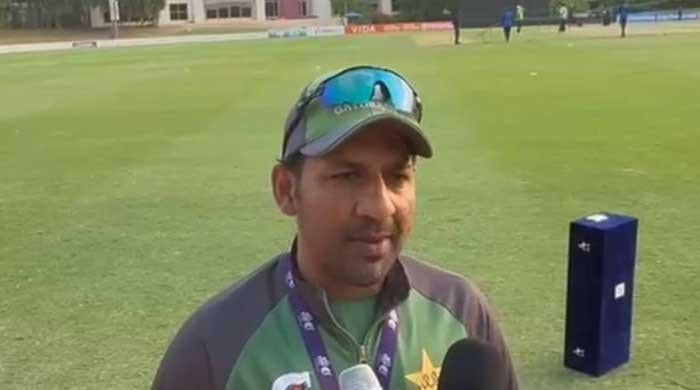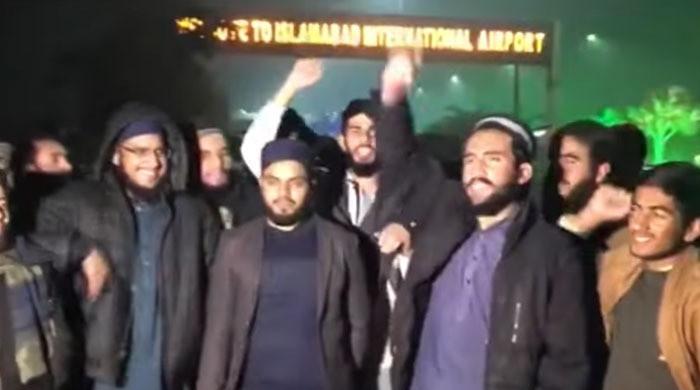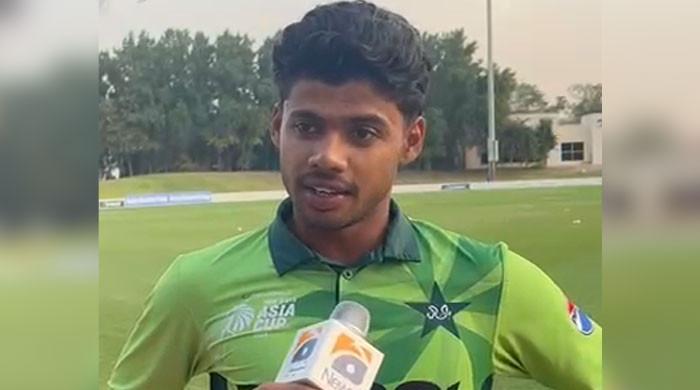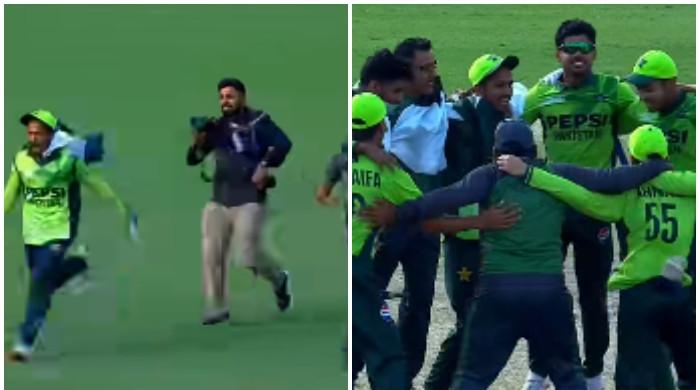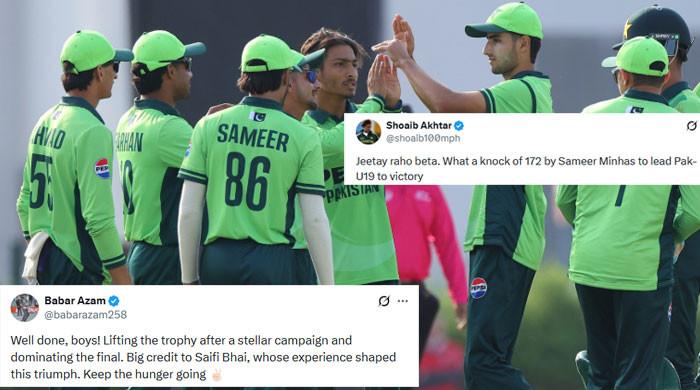Former Pakistan women's basketball captain empowers girls with training camp
Former captain of the Pakistan women's basketball team amazed at street children's athletic abilities
September 28, 2021
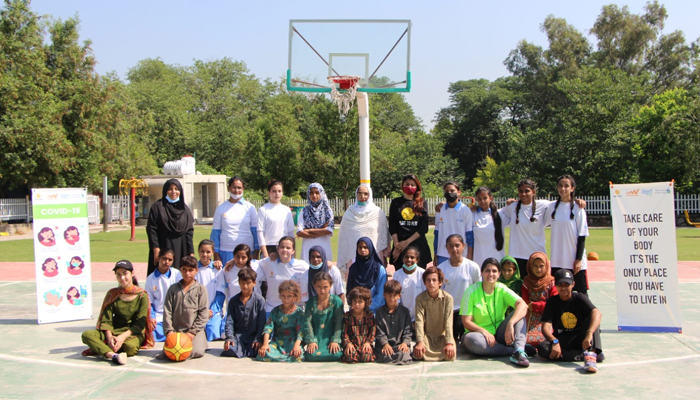
KARACHI: It was just another day for Sana Mahmud — the former captain of the Pakistan women's basketball team and project officer at Right to Play — at work as she was facilitating a sports-based girls empowerment camp in Islamabad.
But a small and unplanned activity on the sidelines of the project has highlighted how sports can become the greatest hope for underprivileged children.
The project was a three-day basketball training camp at one of the local public courts in Islamabad focusing to work with children to allow them to experience the joy of sports and the multiple life and leadership lessons one can learn from it.
While 15 school girls, from various privately run charity schools located on the outskirts of Islamabad, were busy in training, Mahmud noticed two out-of-school girls lingering around the basketball court.
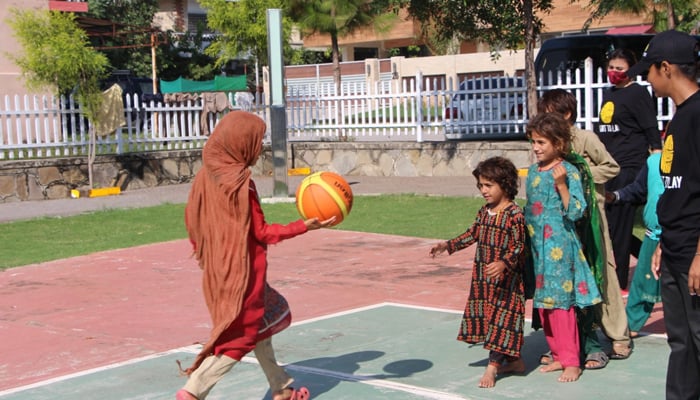
“We didn’t get a chance to interact much, as they mostly kept to themselves but seemed very curious about our equipment and what we seemed to be doing there,” she said, narrating the story.
The next day, she noticed five out-of-school children sitting on the side and watching others play.
“When asked if they wanted to play with us, they eagerly nodded and three of them — two girls and a little boy — joined us on the court,” she recalled.
"Given that they were far younger and shorter than the teenagers who were part of the training camp, I had them play separately for a bit and then got them together with the larger gang. Their athletic ability was amazing,” Mahmud said, while noting that perhaps surviving on the streets probably would have taught them to run, jump, and throw like they did while playing.
It didn’t end there. The next day Mahmud met more out-of-school but enthusiast children, eager to participate in the sporting activity.
“As I parked my car, I was surrounded by 10 children, excitedly waiting to be invited to play and when I asked if they wanted to play, they all eagerly ran behind me to enter the park.
“It was utter chaos. Each kid attacked a basketball, wanting to grab it and keep it for themselves, and started dribbling across the court. Though we didn’t speak the same language I was able to help them understand the rules of the game.”
“Barefoot, without access to the best of nutrition, and probably with a looming responsibility of having to collect and sell garbage/scraps to meet the daily quota, yet these kids had an electric energy,” she recalled.
Mahmud said the eagerness of the kids made her decide to extend her camp for another day.
The former captain of the Pakistan basketball team highlighted that it is important for society to capitalise on the interest displayed by these out-of-school children, who have zero opportunities for them.
“If [they are given] even an hour every morning the joy of their childhood, the innocence and care-freeness that play offers, we think it can make a difference,” she said.
“I am grateful and humbled to be a part of their lives if even for three days and I pray we give them something that children on the streets often leave behind — hope. This is the power of basketball. This is the power of sports,” she stressed.




